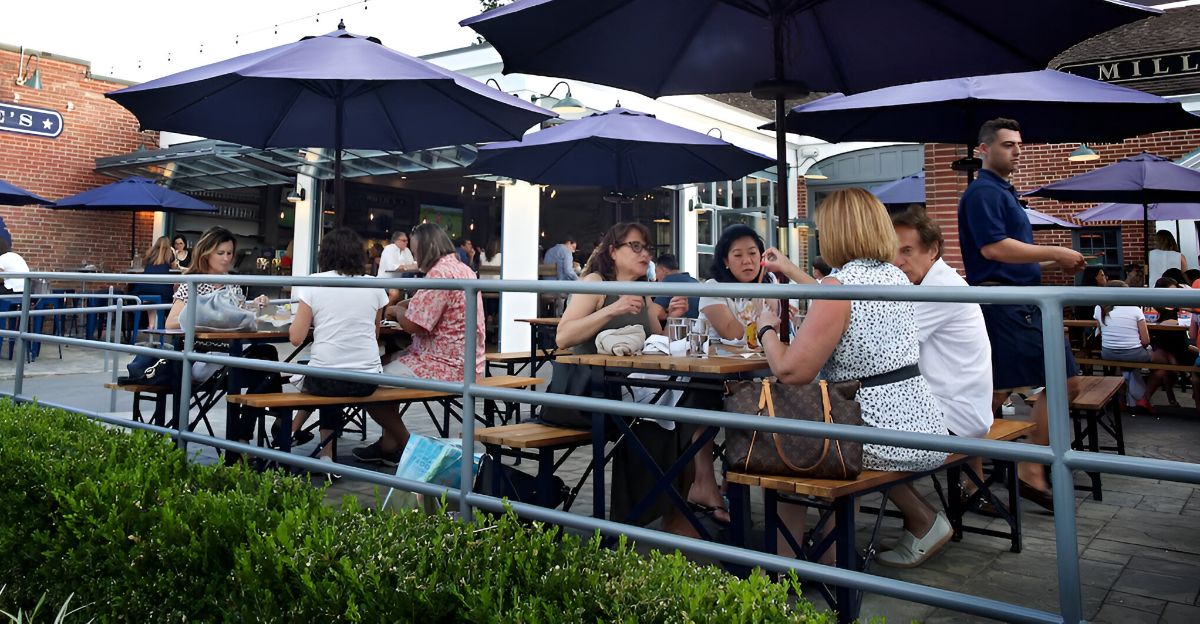
A major legal battle is underway in Charleston, South Carolina. The South Carolina Shrimpers Association (SCSA) has filed a federal lawsuit against 25 popular eateries.
The suit alleges that these establishments misled customers by advertising their shrimp as “local” or “Lowcountry heritage” when, in fact, they were actually serving imported products.
The lawsuit, filed in federal court and assigned to Judge Richard Gergel, claims violations of both the federal Lanham Act and the South Carolina Unfair Trade Practices Act. The announcement was made at the iconic Pineapple Fountain in downtown Charleston, a symbol of the city’s hospitality.
Trusted Sources Confirm Widespread Mislabeling
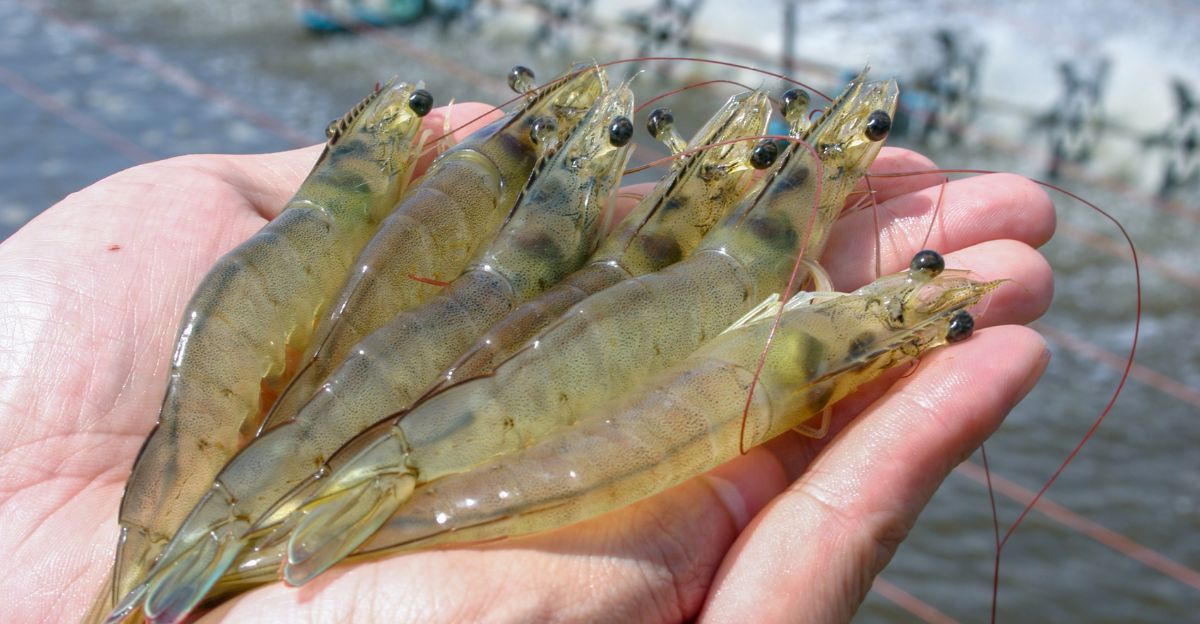
According to South Carolina Public Radio and ABC News 4, the SCSA’s lawsuit comes after a lengthy investigation that exposed rampant mislabeling within the local seafood industry.
“We are witnessing an issue of misrepresentation, of outsourcing, and of a disregard of people who have fed our community for generations,” said Bryan Jones, Vice President of the SCSA.
Dave Williams, founder of SeaD Consulting, the company that conducted the genetic testing, stated, “Most of the time, you’re eating the same seafood you could get in Chicago or Detroit or anywhere else but paying a premium for the location and perception of what you’re eating.”
The Investigation: Genetic Testing Uncovers the Truth
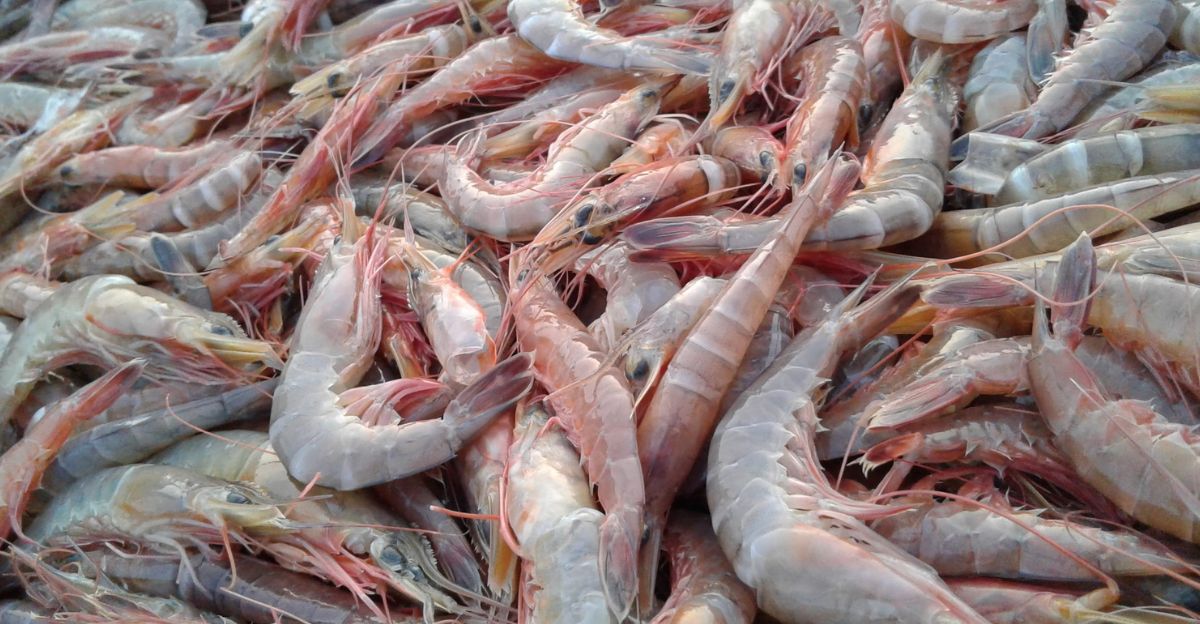
The controversy erupted when SeaD Consulting, which was commissioned by the Southern Shrimp Alliance, conducted a genetics test on shrimp dishes at 44 Charleston-area restaurants.
The results were shocking: 90% of the tested restaurants were found to be serving imported shrimp, despite menu claims of local sourcing.
Only four restaurants were confirmed to be serving authentic South Carolina wild-caught shrimp. The results have sent shockwaves through the Charleston culinary scene, which prides itself on fresh, local seafood.
The List of Accused Restaurants
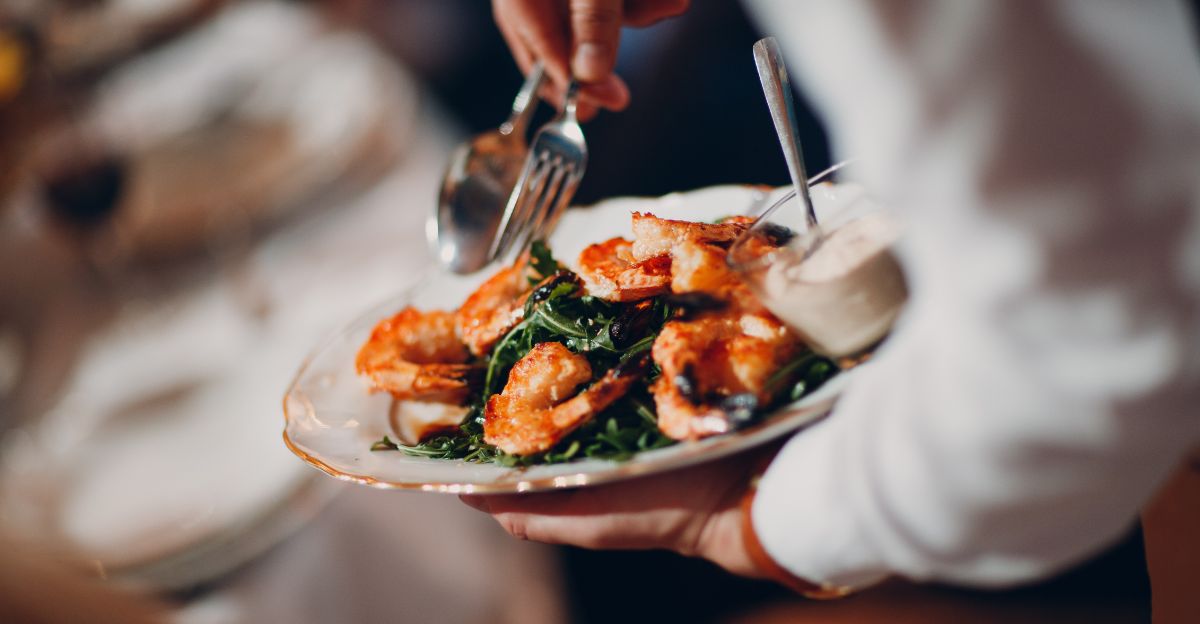
The amended lawsuit specifically names 25 businesses, including well-known establishments such as Hushpuppies Seafood Company, Pearlz Oyster Bar, Page’s Okra Grill, Hymans Seafood Company, and Mount Pleasant Seafood, with the complete list of restaurants published on WRDW News’ website.
These restaurants are accused of actively promoting their shrimp as local or tied to Lowcountry heritage, while allegedly serving foreign imports.
The SCSA contends that this practice constitutes outright fraud and undermines both consumer trust and the local shrimping industry.
Lanham Act and State Law
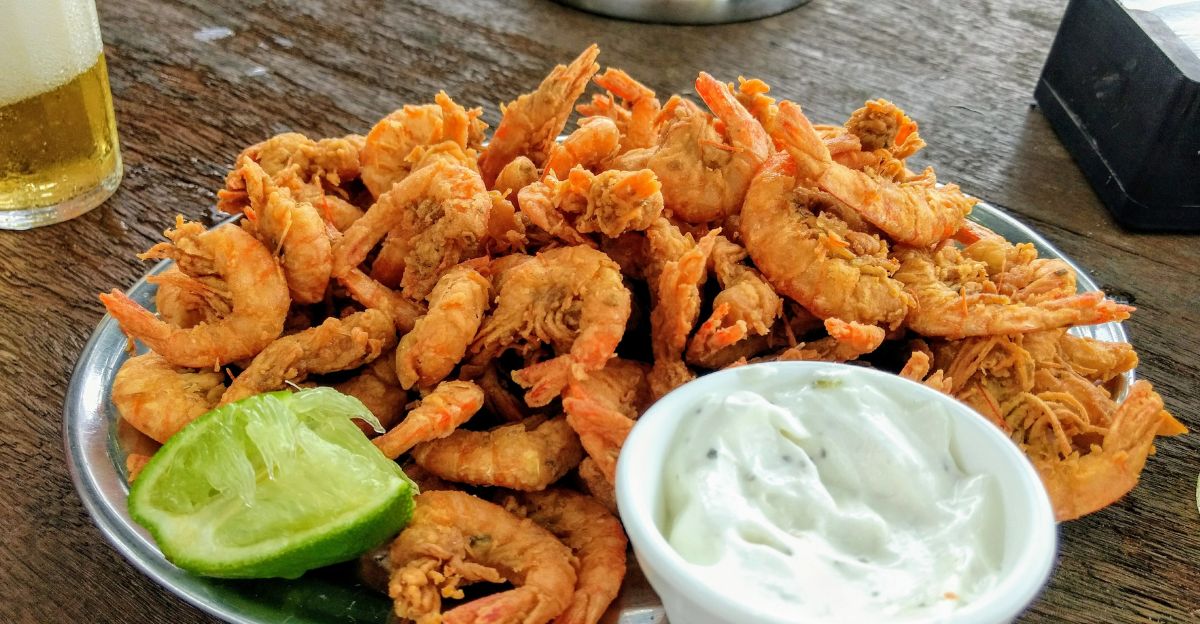
The lawsuit alleges that the restaurants’ actions violate the federal Lanham Act, which protects consumers and competitors from false advertising, as well as the South Carolina Unfair Trade Practices Act.
Attorney Gedney Howe IV, representing the SCSA, emphasized the seriousness of the case: “My clients have been harmed by these practices in the past, and unless something is done, they will continue to be harmed by it.” The legal action seeks both monetary damages and injunctive relief to prevent further misrepresentation.
Impact on Local Shrimpers and Honest Restaurants
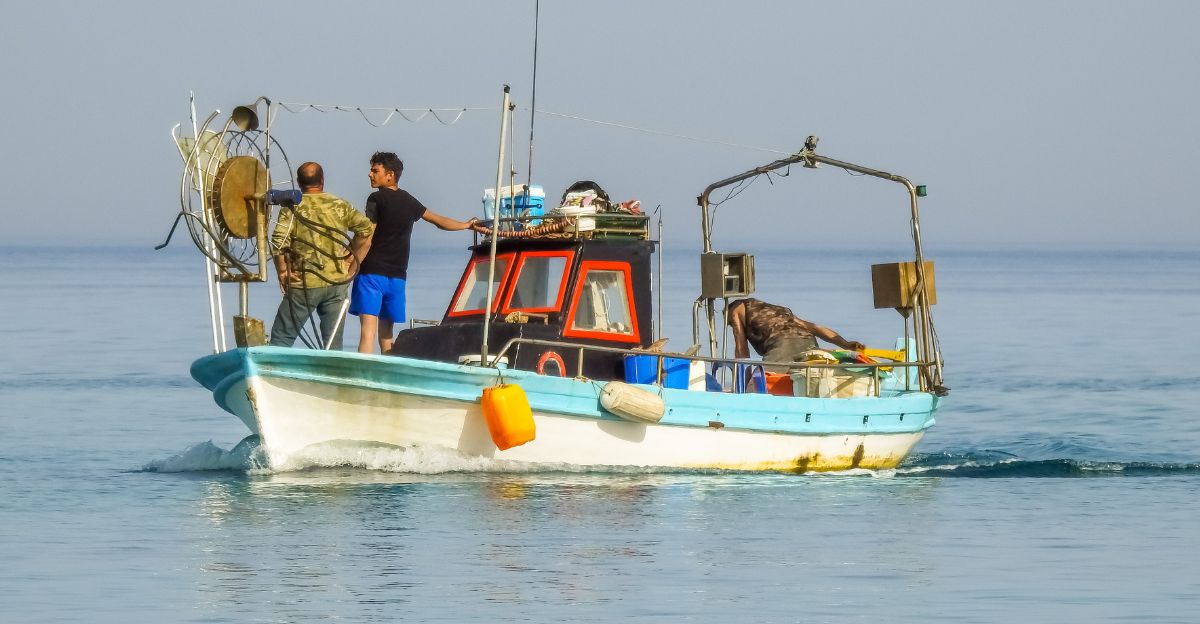
Local shrimpers argue that the alleged fraud has a devastating impact on their livelihoods. We’ve tied up our boats in the last couple of years because people are buying imports instead of buying ours,” said Rocky Magwood, President of the SCSA.
Honest restaurants that genuinely source local shrimp are also at a disadvantage, forced to compete with establishments that mislead customers and undercut prices with cheaper imports.
Consumer Deception and Public Outcry
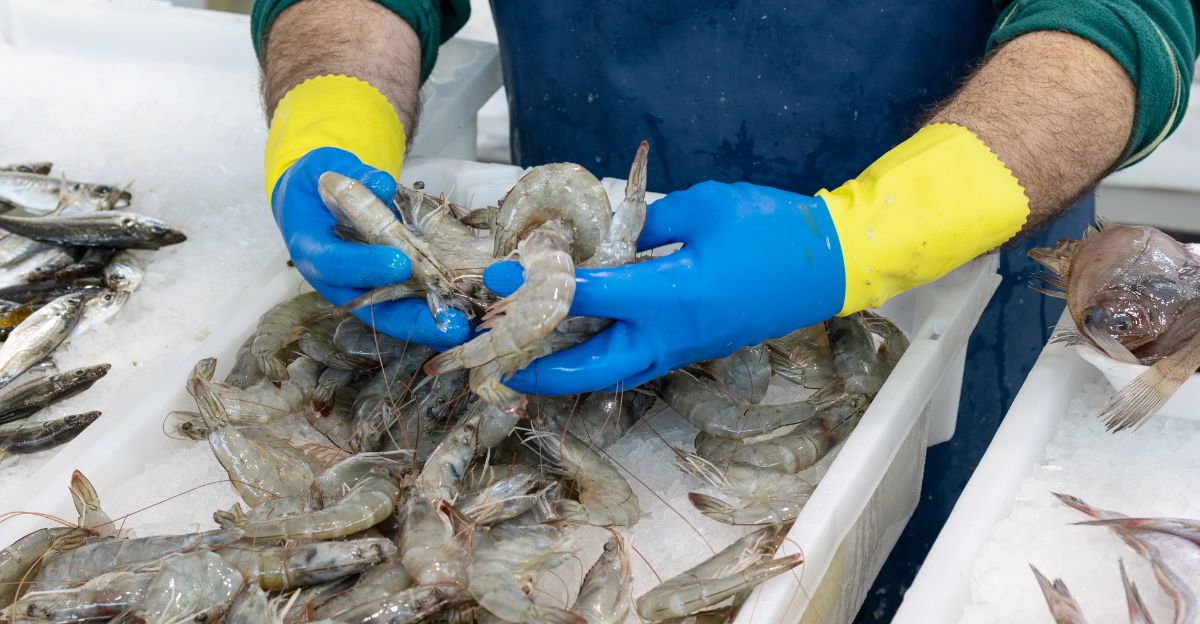
For customers, the issue is not merely one of taste but of trust. Many diners pay a premium for what they believe is an authentic Lowcountry experience, only to receive an inferior, mislabeled product.
The SCSA argues that this deception erodes the goodwill and reputation that Charleston’s seafood industry has built over decades.
The public outcry has been significant, with many calling for greater transparency and accountability in restaurant sourcing practices.
Restaurant Responses and Denials
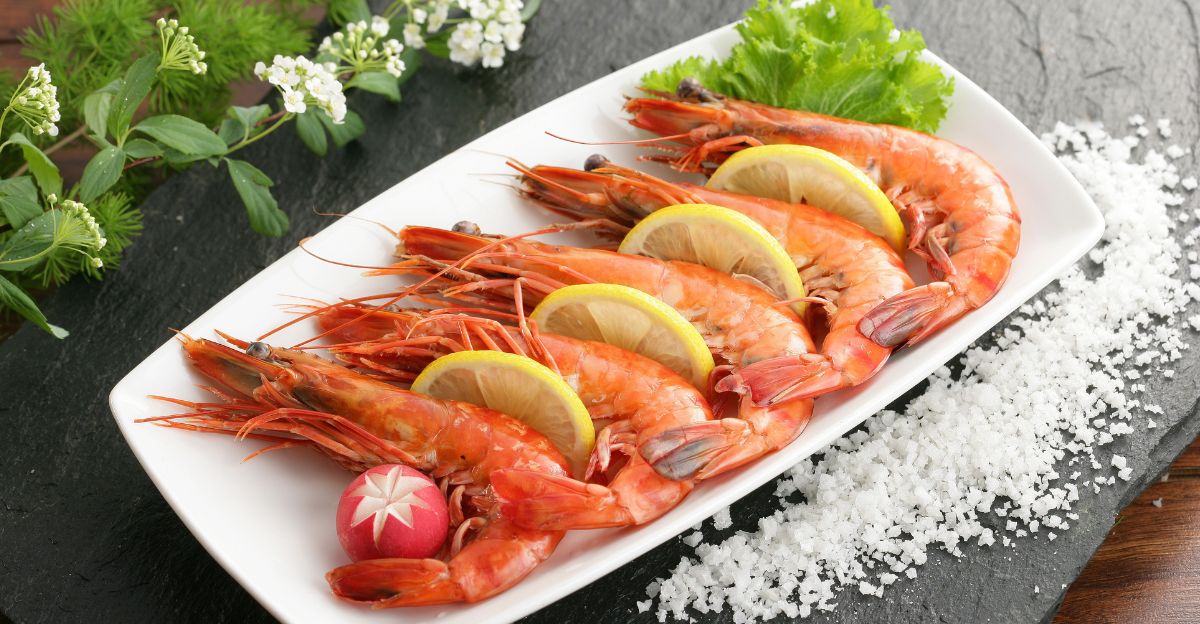
At least five of the 25 businesses named, including Mount Pleasant Seafood, Tavern & Table, Poseidon’s Playground, Crave Hospitality Group, and Page’s Okra Grill, have publicly disputed the allegations.
Hyman’s Seafood Company, for example, acknowledged that some of its social media posts may have implied the use of local shrimp when imported shrimp was actually served, attributing the error to miscommunication rather than intentional fraud. The legal process will determine the validity of these defenses.
Broader Industry and Regulatory Implications
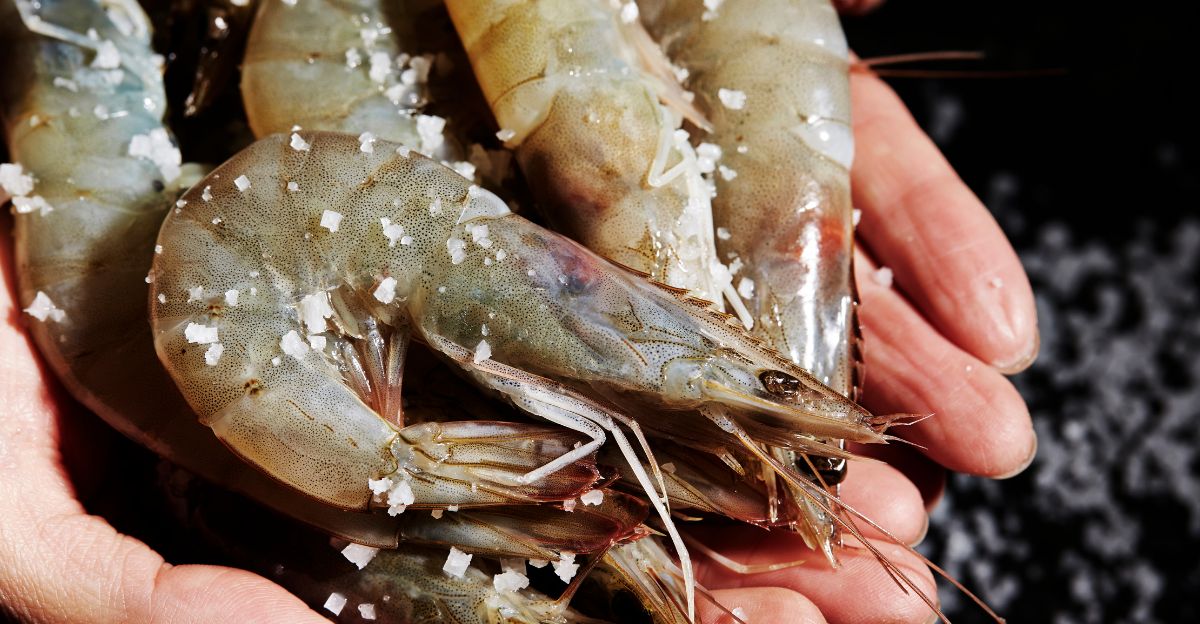
The lawsuit has broader implications for the seafood industry and regulatory oversight. Dave Williams, of SeaD Consulting, advocates for the adoption of rapid genetic testing by health departments to ensure restaurant accountability.
The Federal Trade Commission has also warned that misleading customers about seafood origins is illegal and unfair to honest businesses. The outcome of this case could set a precedent for food labeling and consumer protection nationwide.
Calls for Change and Collaboration
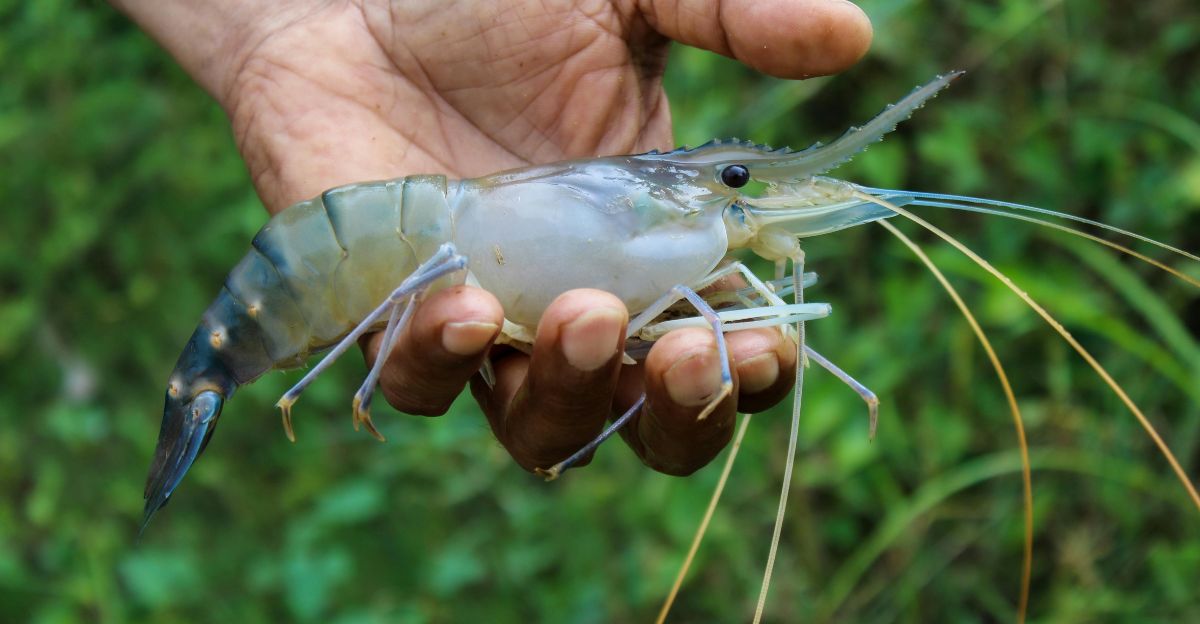
Attorney Gedney Howe IV expressed hope that some defendants will choose a path of accountability and cooperation. “Our aim has always been to protect South Carolina’s shrimping industry and to uphold the principle that consumers deserve honesty in advertising,” he said.
The SCSA is also willing to work with restaurants to ensure transparency and fairness, whether through monetary damages, injunctive relief, or collaborative efforts to reform industry practices. The case underscores the need for vigilance and integrity in food marketing.
